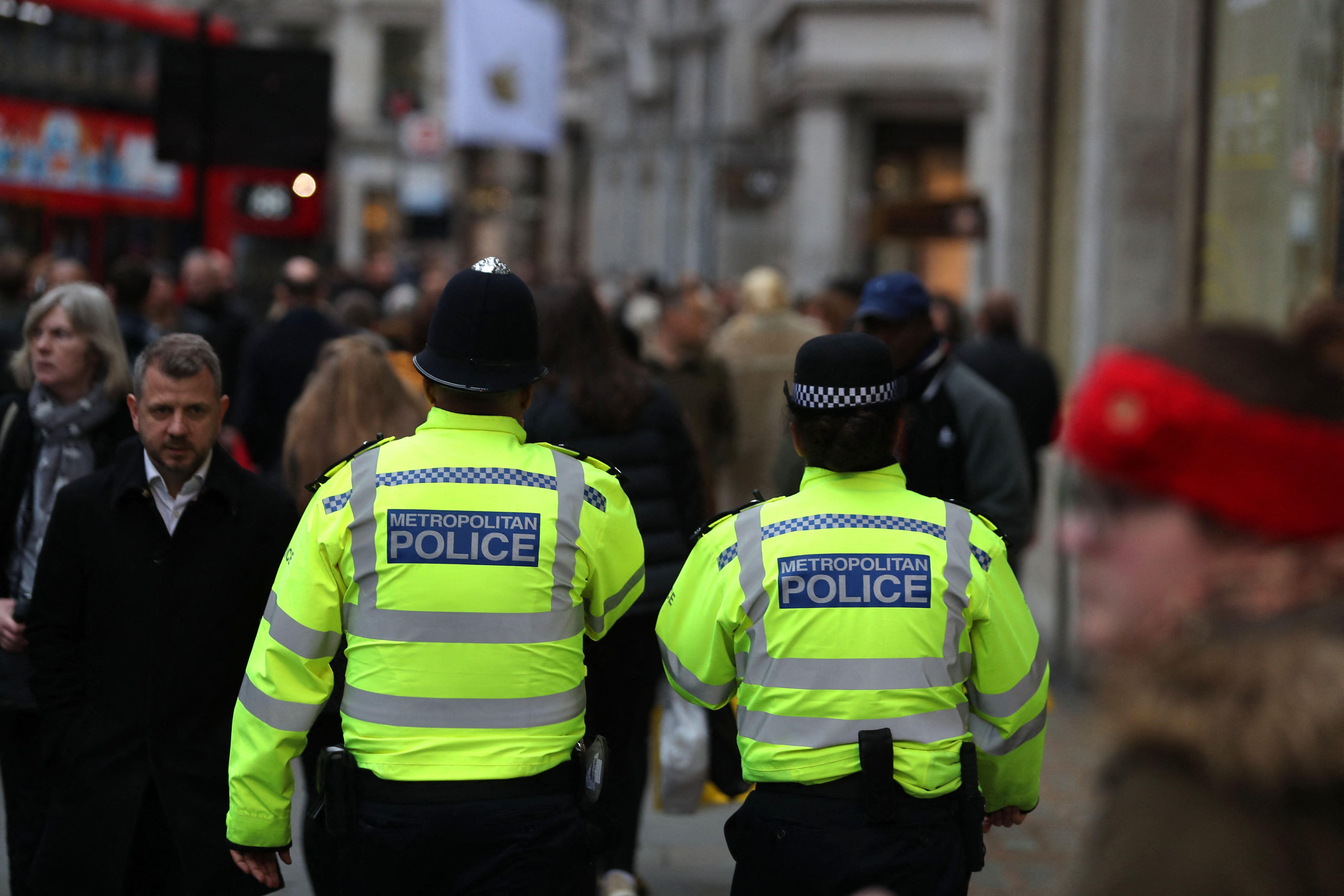Random drug swabbing by Met officers isn’t going to keep people safe
As evidenced with stop and search, drug swabbing will be based on officers’ perceptions of who has drugs, suggesting those from Black and Asian communities are far more likely to be swabbed than their white peers


Your support helps us to tell the story
From reproductive rights to climate change to Big Tech, The Independent is on the ground when the story is developing. Whether it's investigating the financials of Elon Musk's pro-Trump PAC or producing our latest documentary, 'The A Word', which shines a light on the American women fighting for reproductive rights, we know how important it is to parse out the facts from the messaging.
At such a critical moment in US history, we need reporters on the ground. Your donation allows us to keep sending journalists to speak to both sides of the story.
The Independent is trusted by Americans across the entire political spectrum. And unlike many other quality news outlets, we choose not to lock Americans out of our reporting and analysis with paywalls. We believe quality journalism should be available to everyone, paid for by those who can afford it.
Your support makes all the difference.The Metropolitan police have shared footage of officers swabbing people for drugs. The tweet showing the operation asserts this is being done “to ensure the night time economy is a safe place for all”.
The context for this invasive type of operation needs to be seen as part of the government’s new policy on drugs in which it wants to see a “generational shift in attitudes to recreational drug use”.
This is not the first or likely to be the last time that politicians sanction getting tougher on people who use drugs. There has been a coordinated attempt by the then-home secretary, Sajid Javid, and head of the Metropolitan police, Cressida Dick, to suggest it is middle-class cocaine users who are to blame for the record number of young people dying due to knife crime, despite a lack of evidence to support this assertion.
But back to the latest stunt – drug swabbing – which raises a number of questions, not least whether it is legal. The Met has provided no information about the grounds for this invasive procedure, although they would no doubt argue that it is covered by stop and search regulations.
All the police need to do is have “reasonable grounds” to suspect you have drugs or have taken drugs. While that might sound alright to some, the outcomes of this strategy are deeply worrying.
Despite those from the non-white community being less likely to use drugs, they are six times more likely to be subjected to this kind of intervention. This racial bias erodes trust in a part of society that is all too familiar with police brutality and their disproportionate use of force.
Beyond the legal status of swabbing people on the street for drugs, there are many other questions. If the aim of this operation is to improve safety, what evidence is there to support this? As evidenced with stop and search, drug swabbing won’t be random. It will be based on officers’ perceptions of who has drugs, suggesting those from Black and Asian communities are far more likely to be swabbed than their white peers.
Far from making these people feel safe, it will yet again foster the feeling they are being picked on and unfairly selected for public humiliation, not the type of activity conducive to a fun night out.
The footage of the drug swabbing was from Shoreditch in London. It is not clear whether this was a one off or if it will be repeated, and possibly replicated by forces outside of London. This very visible intervention may prove to be attractive to other police forces keen to be seen as proactively protecting those going to pubs and bars from crimes such as drug spiking.
Again, this might sound logical but has no basis in evidence, as alcohol is the drug overwhelmingly used in this type of crime. Obviously there will be no attempt to breathalyse people on the street and then, if positive, prevent them from entering a nightclub.
This raises the question of what happens when a positive drug swab result is found? Will the individual be cautioned? Or arrested? Those with means will rigorously contest such a charge, given how ubiquitous traces of cocaine are as demonstrated by traces of the drug being found on bank notes, not to mention in various places in the houses of parliament.
To keep up to speed with all the latest opinions and comment, sign up to our free weekly Voices Dispatches newsletter by clicking here
The real test for the government is whether this is a genuine attempt to keep people “safe” or just another headline grabbing stunt in their renewed ambition to get tough on drugs. The evidence is clear, if you really want to protect the public – test drugs not people.
There is no sign that routine drug testing for potency or contaminants will be introduced by this government. Without this we will continue to see record numbers die as a result of using drugs, demonstrating how dangerous political ideology can be when you prioritise publicity over protection.
Ian Hamilton is a senior lecturer in addiction and mental health at the University of York
Join our commenting forum
Join thought-provoking conversations, follow other Independent readers and see their replies
Comments